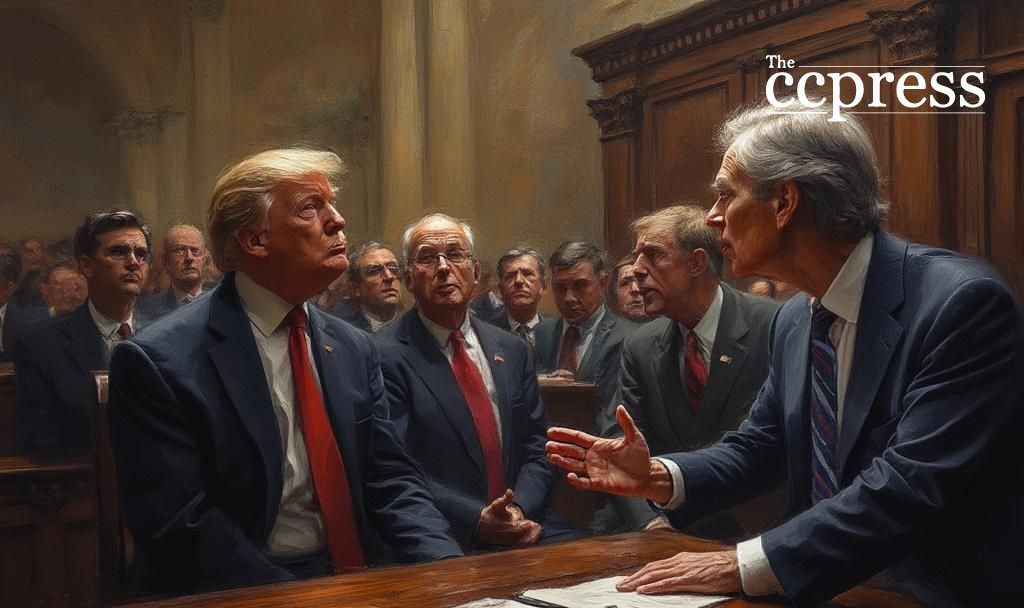- Main event, leadership changes, market impact, financial shifts, or expert insights.
- US Senate advances stablecoin legislation.
- Impact on stablecoin issuers and regulations.

In a significant legislative move, the US Senate is nearing a vote on the GENIUS Act, introduced by Senator Bill Hagerty and advanced by Senator John Thune. This bill focuses on stablecoin regulation and has proceeded to the Senate Banking Committee for review. The upcoming cloture vote will determine the limitation of debate, potentially leading to a final decision.
We are making significant progress on the GENIUS Act, and I encourage my colleagues to support this important legislation for stablecoins and consumer protection,” Senator John Thune, U.S. Senator, United States Senate.
The GENIUS Act aims to regulate stablecoins, dividing oversight between federal and state levels. With support from the Commodity Futures Trading Commission and the Securities and Exchange Commission, the act targets issuers of significant payment stablecoins. This move could reshape crypto regulations. The bill includes Amendment #2307, which allows smaller stablecoin issuers to choose state-level regulation while requiring federal oversight for larger entities. This amendment balances the interests of banking and crypto industries.
The potential passage of the GENIUS Act could substantially influence the market for stablecoins like USDT, USDC, and DAI, particularly affecting the cryptocurrencies and platforms that underpin them, such as Ethereum. These changes could usher in a new regulatory landscape. The crypto and financial sectors are keenly observing as the US Senate pushes the GENIUS Act forward. Stablecoin regulations are at stake, and federal oversight may become more pronounced if the act passes. The upcoming Senate vote carries significant weight for the future of digital asset regulation.
The GENIUS Act’s implications extend beyond regulation to potential shifts in financial inclusion and technological innovation. By establishing clearer guidelines for stablecoins, the bill could enhance market stability and promote more informed investment decisions. Historical regulatory changes, such as those seen with the Infrastructure Act and MiCA in the EU, often lead to initial volatility but introduce long-term stability in the digital asset sector.
| Disclaimer: The content on The CCPress is provided for informational purposes only and should not be considered financial or investment advice. Cryptocurrency investments carry inherent risks. Please consult a qualified financial advisor before making any investment decisions. |






























